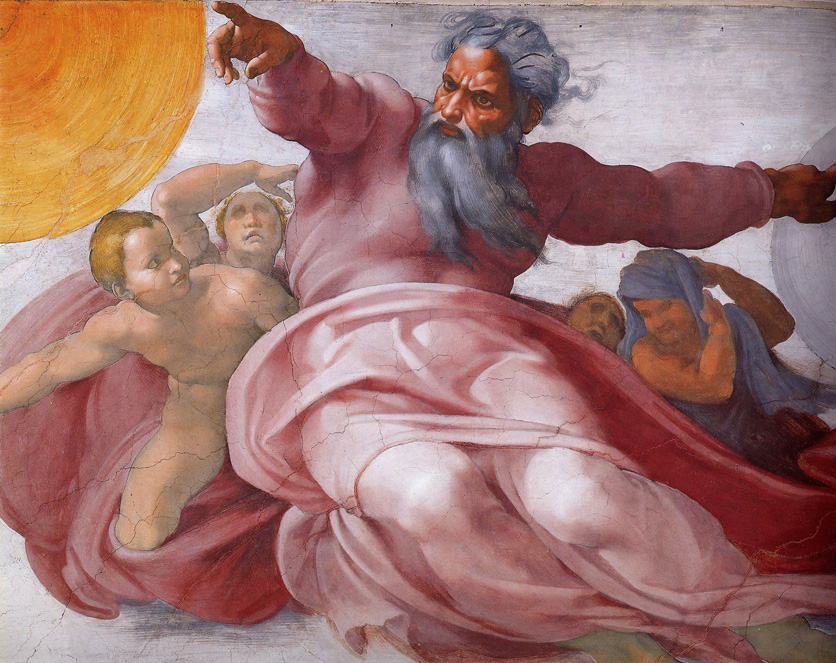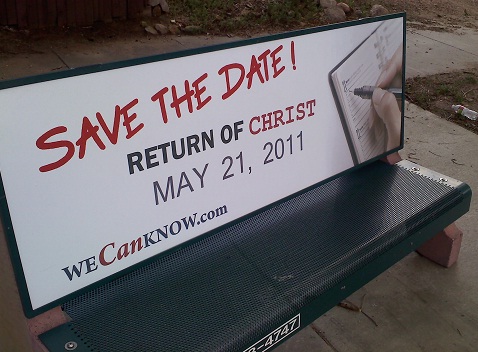If you knew who you really are, you probably would never experience another hurt or disappointment in life. This revelation came to me after watching “The Present Moment,” a video that a physician friend posted on Facebook earlier this week. The more I think about that little video, the more I’m convinced that it has the potential to be liberating, even life-altering for those who have the slightest bit of imagination.
Of course, imagination is a double-edged sword; it very well might be the reason so many of us are unhappy. Most of us imagine, for example, that our fate lies in the hands of an angry, judgmental and vengeful God who doesn’t think we’re worthy to be in His presence and will only allow a few of us to return home. How does that impact the way we perceive ourselves and treat others? How do worthless people behave? How likely are they to behave lovingly? If your All-Knowing Creator doesn’t find you lovable, how can you trust that you’re lovable to mere mortals? Conversely, if you knew that God was in love with you, would it matter whether anyone on planet Earth was?

God: Angry? Judgmental? Sociopathic?
How different would our life experience be if we dared to imagine that God:
- Did not put us on a planet over which He had given control to His evil nemesis?
- Did not hold us accountable for the original or subsequent sins of others?
- Did not challenge us to valiantly resist the potent magnet of The Enemy’s incessant diabolical plots—or face His wrath?
- Did not create us as humans—weaker than the stalwart Enemy and capable of error—ultimately to judge us as guilty of making human errors and sentence us to a torture chamber throughout all eternity?
- Did not design life to be complicated or painful?
- Did not give some—but not all—of us prescribed rules, regulations, rituals, restrictions and readings that must be religiously followed if we are to be saved from sadistic torture?
- Did not leave any holy books with directives that conflict each other?
- Did not create anything or anyone that is an abomination?
- Did not destroy every living thing, in a fit of rage?
- Did not unfairly torture the only innocent child to death so that His guilty children could be absolved of their wrongdoing?
- Didn’t threaten to cast you into a fiery pit, where you’d suffer forever, if you didn’t believe that He did something so inhumane (arguably satanic) to His only good child?
- Did not intend for us to be confused, controlled, frightened, miserable or unloved?
I know that this is unimaginable for many of us to respond affirmatively to those questions. For centuries, people in authority have told us that God has done all of these things. And we have fervently believed it. In fact, we’re afraid to disbelieve it or call it sadistic. But if a human did any of these things, we’d be more clear and instantaneous about defining this behavior as inhumane.
Is this God frightening and intimidating? Is Love frightening and intimidating? Do we really believe that God is Love if we accept claims that God is frightening and intimidating?
Is there a correlation between what we believe and what we experience in our everyday lives? How does the amount of time we spend worrying about the future, fretting about or regretting the past affect us now and in the future? What is the real reason so many of us suffer from unhappiness and disappointment?
The answer was in this video: It’s simpler than we realize, and requires little or no effort. Really. That’s why “The Present Moment,” is so profound and so powerful.
There is one caveat: You may find that the graphics in the video often compete with or obscure the empowering message in the text. I did, perhaps because I spent so many years in television production.
But just in case you also find that some of the words blend into the background, I froze each frame so that I could capture those words for you. You may download it here. I don’t want you to miss the blessing these words have for you. I hope you watch until the end so that you don’t miss this important message:
The Present Moment is the void where nothing exists and where everything is possible. The Angel can then spread its wings. That Angel, pushing with love, is YOU, alive and vibrant.
Know that I love you—no matter what! If I can do that as a human, just imagine how divinely unconditional God’s love is.
Namaste!


 We Christians call this Friday “Good;” but it’s the most heartbreaking day on my calendar. It marks the day when we refresh the accusation that God loved His guilty kids so much that He had His only innocent child brutally tortured to death, effectively letting the others off the hook.
We Christians call this Friday “Good;” but it’s the most heartbreaking day on my calendar. It marks the day when we refresh the accusation that God loved His guilty kids so much that He had His only innocent child brutally tortured to death, effectively letting the others off the hook. We see God through the only lens we have: Human. Our vision is myopic at best, egoic at worst, and assures distortion of the image. Our visual field is somewhat of a box—containing and confining. We’ve placed God there, where we can observe but not experience.
We see God through the only lens we have: Human. Our vision is myopic at best, egoic at worst, and assures distortion of the image. Our visual field is somewhat of a box—containing and confining. We’ve placed God there, where we can observe but not experience.
